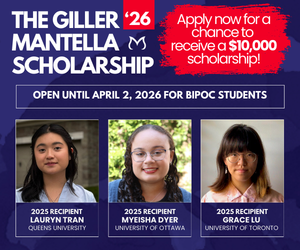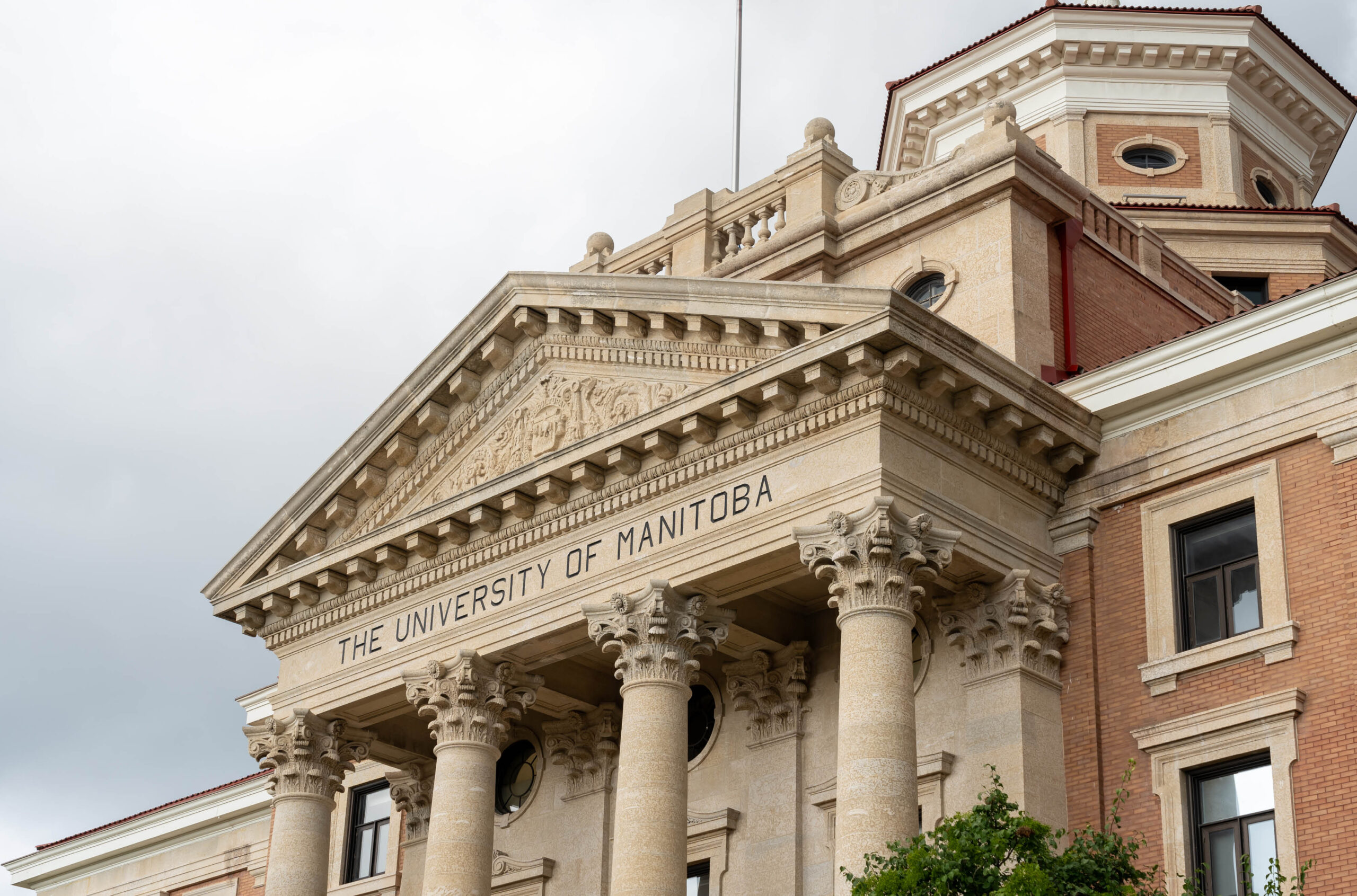Re-imagining yourself after retirement
Why thinking about lifestyle planning before and after you retire is so important.

Many people leaving professional roles, including academics, struggle with leaving work behind. With so much of who we are invested in what we do, this is natural, especially given the years we spent honing our knowledge and skills, first as grad students and then teaching and conducting research.
In a recent Academic for Life column, Robert Stebbins, a professor emeritus with the department of sociology and leisure specialist at the University of Calgary wrote about what’s involved in creating an optimal lifestyle in retirement, describing the ways that people can start by creating a CV of their most valued skills and then looking for new opportunities to use them. I‘m going to pick up on this. I recently retired from Dalhousie University’s school of health and human performance, where I was also a leisure researcher and educator. Most of my work focused on how leisure could be a resource for living well in the face of chronic health problems or negative life events. Before leaving Dal I did two things related to retirement: first, I conducted a large, Canada-wide study on how people plan for their lives in retirement. And second, I developed and implemented (with collaborators) a retirement lifestyle planning program for Dal employees (specifically staff and academics).
I’m going to share a couple of key findings from the study that reinforce, for me anyway, why lifestyle planning is so important, whether before or after people have made the transition to retirement. First, in the study I asked participants about the greatest challenges or struggles they faced in retirement. While some people did describe financial-related challenges, of the 477 comments almost 40 per cent were related to time use. People described not being sure what to do with themselves (boredom), and on the flip side, not enough time for themselves (too many family obligations or 24/7 with their spouse) as most challenging. The other two categories of challenges were both related to what it means to leave work behind: a lot of people described feeling socially isolated as their greatest challenge and not having a sense of purpose, feeling inadequate or not contributing. There was also a set of questions that asked study participants to list the types of planning they had done and to rate how prepared and satisfied they were following retirement. Both lifestyle planning and financial planning contributed to people feeling more prepared for retirement. Interestingly, only lifestyle planning was significantly associated with feeling more satisfied. The bottom line is we can feel very prepared financially but still be miserable, bored or lonely, so planning for lifestyle factors, like our time use, social connections and ourselves (e.g., are we living in ways that express our passions, interests, values, life priorities, how we see ourselves and want to be seen by others?) is important.
Second, as mentioned above, as a leisure educator, I was excited to develop a retirement lifestyle planning program and supporting resources (e.g., self-assessment and planning tools). With a small grant from Dalhousie’s health and wellness unit, colleagues and I offered the program to Dal employees to help them think about and plan for their next steps. The overall purpose of the four-session program is to support people to feel more prepared to live a life they will love in retirement by facilitating discussion, exploration, and information sharing.
Lifestyle planning for our best lives in retirement can and should happen both when preparing for leaving our academic careers and after we have made the commitment to take this next big step in our lives. While many of us have focused on finances, how much time and energy have we invested in planning for our lives in retirement? Lifestyle planning involves both “taking stock” and being visionary. It requires making an investment in ourselves. September is often a time of new beginnings. If you want to check in with yourself about whether you are currently living your best life in retirement, you are invited to join a free webinar that Dr. Hutchinson and Association of Dalhousie Retirees and Pensioners executive member Susan Holmes will be hosting on Sept. 13.
To register for the free one hour workshop, go to my website, The Retired You, there you’ll see the workshop link titled: “Introductory Workshop for CURAC Members.”
Susan Hutchinson is recently retired professor from Dalhousie University.
The College and University Retirees Associations of Canada/Associations des retraités des universités et collèges du Canada (CURAC/ARUCC) is a not-for-profit federation of retiree associations at colleges and universities across Canada, operated by a volunteer board of directors. Further information, including a listing of member RAs, is available at www.curac.ca or from [email protected]. The two university professors emeriti who are co-directors for the CURAC/ARUCC University Affairs column are Carole-Lynne Le Navenec and Fred Fletcher.
Featured Jobs
- Anthropology of Infrastructures - Faculty PositionUniversité Laval
- Director of the McGill University Division of Orthopedic Surgery and Director of the Division of Orthopedic Surgery, McGill University Health Centre (MUHC) McGill University
- Human Rights - Assistant Professor (Expertise in Peace & Conflict Studies, Socioeconomic Rights and/or Indigenous Rights)University of Winnipeg
- Canada Impact+ Research ChairInstitut national de la recherche scientifique (INRS)
- Engineering - Assistant Professor, Teaching-Focused (Surface and Underground Mining)Queen's University
















Post a comment
University Affairs moderates all comments according to the following guidelines. If approved, comments generally appear within one business day. We may republish particularly insightful remarks in our print edition or elsewhere.